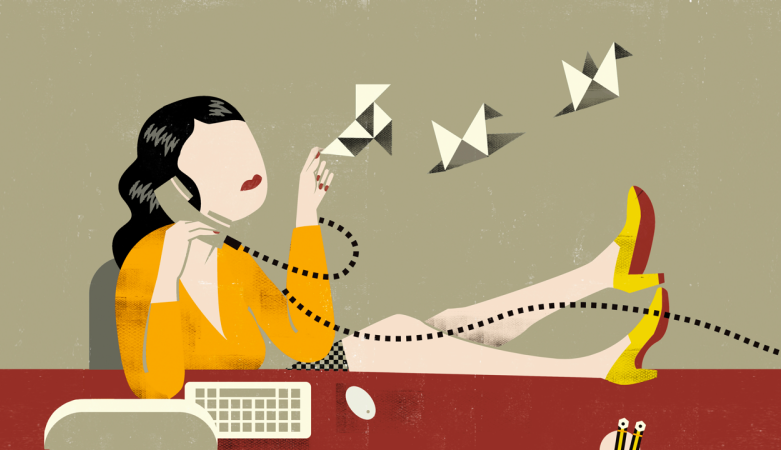In our fast paced life, we are always in a search of stability. In other words, we always find a comfort zones in our mind.
Tag: mental health
Why do we always find attention-seeking personalities?
When someone praise us, we always like it and we smile & nod inside our mind. It feels like a new feather in the hat.
Do you postpone your tasks daily?
Life is what happens while you are busy making other plans – John Lennon We are living in a so dynamic world that we have
Breathing helps us in decision-making
Conscious Breathing is a simplest management tool for rational decision-making Our inhalation and exhalation is actually involved with our every activity. Now we will do
Close relation of Spinal Cord, Breathing, our emotions & thoughts
Usually we love to sit in a recliner chairs and prefer this kind of chairs in our office, home, bus, car and theatres. We feel
Breathing impacts our emotions & thoughts
“Conscious breathing is a simplest tool on this earth to make our life happy” In our techno-freak world, we have many ‘Apps’ to manage anything
Making movies in our mind makes us Un-productive
We love to watch movies. Many times we have our own choices. We choose to watch a movie if its genre, music, actors, actresses and
Emotions are the best medicine for managing stress
Emotions are very important and sacred element of our mind. Emotions shape our life and quality of our life. We always have question about importance
How ‘Rational Thought Process’ helps in strategic decision-making
“Decision-making is the process of identifying and choosing alternatives based on the values and preferences of the decision-maker.” Decision is an element which is a
“Belief System” – The secret to Happiness
“Each of us have set of assumptions about ourselves and perceptions about the world, which guide us to determine our reactions to the various situations





